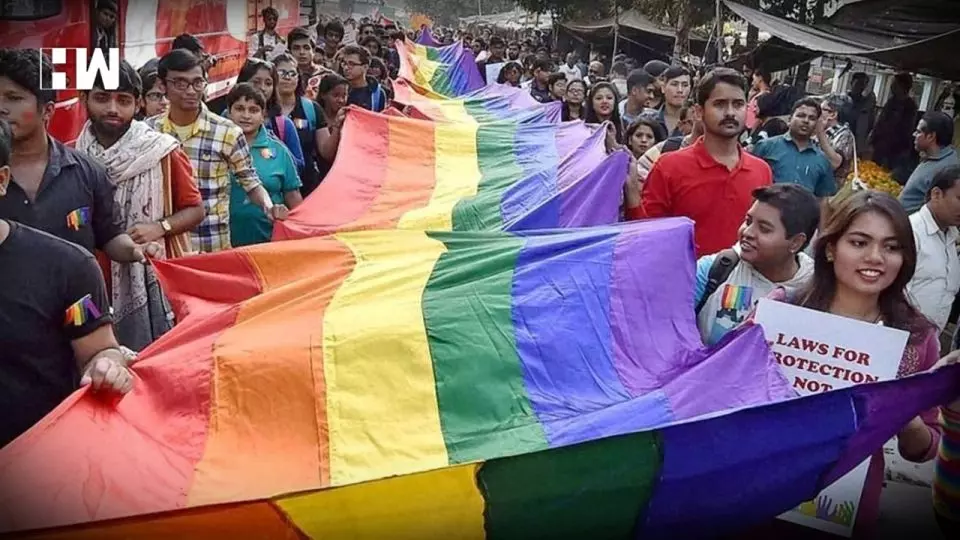The Supreme Court has gone ahead with the scheduled hearing by a constitution bench on petitions against Section 377 of the Indian Penal Code that makes homosexuality a crime.
The five-judge bench headed by Chief Justice of India Dipak Misra will hear petitions challenging Section 377 of the Indian Penal Code. The law criminalizes non penile-vaginal intercourse, even between consenting adults. While everyone is covered under the law, the lesbian, gay, bisexual and transgender (LGBT) community are particularly affected.
The apex court had rejected the central government’s plea for deferring the hearing on petitions against Section 377 of the Indian Penal Code.
The bench will hear six petitions and interventions filed by NGO Naz Foundation, parents of queer persons and Voices Against 377, a collective of human rights groups, among others. In all, 35 individuals have come before the court, which signals a growing confidence in the community to come out in the public eye and claim their sexual orientation and gender identity.
The petitions use previous Supreme Court verdicts, such as the 2014 National Legal Services Authority (Nalsa) versus Union of India judgment, which granted equal social and legal status to the transgender community, and the 2017 Justice K.S Puttaswamy (Retd) and Anr versus Union of India, which recognized the right to privacy as a fundamental right, stating that sexual orientation was an essential attribute of privacy.
Section 377 refers to “unnatural offences” and says whoever voluntarily has carnal intercourse “against the order of nature” with any man, woman or animal shall be punished with imprisonment for life, or with imprisonment of either description for a term which may extend to 10 years, and shall also be liable to pay a fine.
As an independent media platform, we do not take advertisements from governments and corporate houses. It is you, our readers, who have supported us on our journey to do honest and unbiased journalism. Please contribute, so that we can continue to do the same in future.

